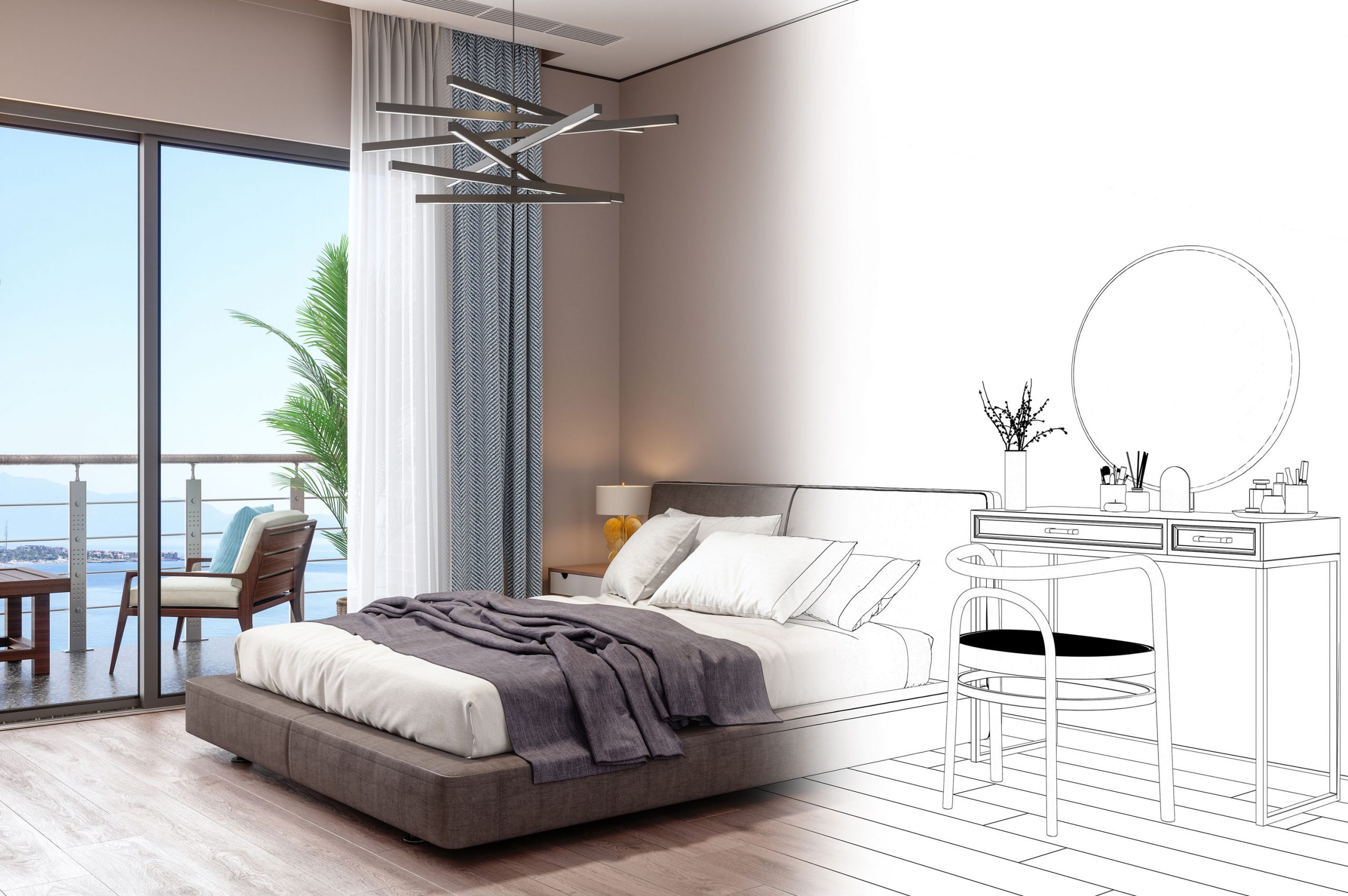
Are you building or remodeling a property in Florida with more than 50 guest rooms?
If so, it’s important to understand that the Florida building code now requires automatic HVAC system setback and exhaust fan shutoff controls triggered by room occupancy.
If the guestroom is rented
- Temperature setbacks of 4°F (2°C) are required whenever guests leave the room unoccupied for 30 minutes or more
- Exhaust fans must shut off if the room has been unoccupied for 30 minutes
If the guestroom is not rented
- Cooling temperature set points must be raised to 80°F (27°C)
- Heating temperature set points must be lowered to 60°F (16°C)
- Exhaust fans may be operated daily for up to 60 minutes or one outside air change
Bodhi is your best choice meet the new requirements
To meet these requirements, you will need an HVAC control system linked to an occupancy sensor installed in each room and linked to the property management system. And you will want a system that’s flexible enough, and simple enough to configure that you can be confident that your guests will be comfortable and the will room stay fresh even as you meet the requirements.
Bodhi is your best choice for guestroom technology control, providing everything you need to control, monitor, and optimize not only your HVAC system but lighting, water, electrical, audio/video and other key building systems.
Contact us to learn more.
Details of the changes to the code
Here’s the new wording of the code, as provided by the Florida Building Commission, amending the 2020 Florida Building Code, Energy Conservation, 7th Edition. It’s from from Chapter 4, Commercial Energy Efficiency.
C403.2.4.8 Automatic control of HVAC systems serving guest rooms.
In Group R-1 buildings containing over 50 guest rooms, each guest room shall be provided with controls complying with the provisions of Sections C403.2.4.8.1 and C403.2.4.8.2. Card key controls comply with these requirements.
C403.2.4.8.1 Temperature setpoint controls.
Controls shall be provided on each HVAC system that are capable of and configured to automatically raise the cooling setpoint and lower the heating setpoint by not less than 4°F (2°C) from the occupant setpoint within 30 minutes after the occupants have left the guest room. The controls shall also be capable of and configured to automatically raise the cooling setpoint to not lower than 80°F (27°C) and lower the heating set point to not higher than 60°F (16°C) when the guest room is unrented or has been continuously unoccupied for over 16 hours or a networked guest room control system indicates that the guest room is unrented and the guest room is unoccupied for more than 30 minutes. A networked guest room control system that is capable of returning the thermostat set-points to default occupied set-points 60 minutes prior to the time a guest room is scheduled to be occupied is not precluded by this section. Cooling that is capable of limiting relative humidity with a setpoint not lower than 65 percent Relative Humidity during unoccupied periods is not precluded by this section.
C403.2.4.8.2 Ventilation controls.
Controls shall be provided on each HVAC system that are capable of and configured to automatically turn off the ventilation and exhaust fans within 30 minutes of the occupants leaving the guest room or isolation devices shall be provided to each guest room that are capable of automatically shutting off the supply of outdoor air to and exhaust air from the guest room.
Exception: Guest room ventilation systems are not precluded from having an automatic daily preoccupancy purge cycle that provides daily outdoor air ventilation during unrented periods at the design ventilation rate for 60 minutes, or at a rate and duration equivalent to one air change.
Ref: https://codes.iccsafe.org/content/FLEC2020P1/chapter-4-ce-commercial-energy-efficiency